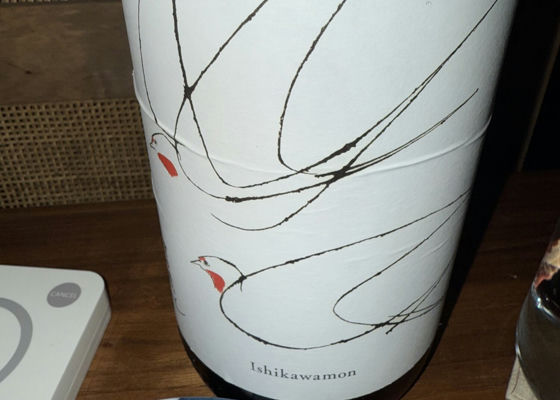
SakenowaRecord your sake experiences and discover your favorites
吉田蔵uYoshidagura u
Flavor Chart®
A chart created from flavor analysis of user comments.

Flavor Tags ®
Tags generated from flavor analysis of user comments.
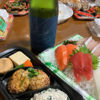
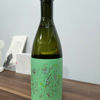
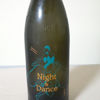
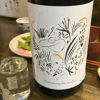
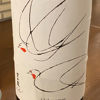
Popular Comments
Mild sweet aroma of rice...soft, as shown on the back paste...fresh...slightly effervescent...13% alcohol by volume, but with the assertiveness that only Yamahai can provide! Yum...delicious! I'm sipping it with tofu snacks and sashimi....
Japanese>English
Brands from Yoshida Shuzoten
Similar Brands
We analyze the flavors based on everyone's comments and select similar brands.
Location
41 Yasuyoshimachi, Hakusan, IshikawaOpen in Google Maps
Related Articles
自然を守る意識が酒造りを変える─地域と二人三脚で歩む、石川県・吉田酒造店【日本酒とサステナビリティ】 | 日本酒専門WEBメディア「SAKETIMES」
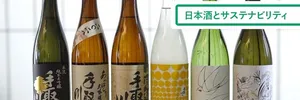 「SDGs(Sustainable Development Goals)」とは、国連が定めた17の持続可能な開SAKETIMES | 日本酒をもっと知りたくなるWEBメディア
「SDGs(Sustainable Development Goals)」とは、国連が定めた17の持続可能な開SAKETIMES | 日本酒をもっと知りたくなるWEBメディアユナイテッドアローズ×吉田酒造店—日本酒「手取川Sparkling dot for UNITED ARROWS」が6/3(金)に発売 | 日本酒専門WEBメディア「SAKETIMES」
 株式会社ユナイテッドアローズ(東京都渋谷区)は、株式会社吉田酒造店(石川県白山市)とコラボレーションした日本酒SAKETIMES | 日本酒をもっと知りたくなるWEBメディア
株式会社ユナイテッドアローズ(東京都渋谷区)は、株式会社吉田酒造店(石川県白山市)とコラボレーションした日本酒SAKETIMES | 日本酒をもっと知りたくなるWEBメディア「自然と共存する日本酒づくり」を目指す - 石川県・吉田酒造店(手取川) | SAKE Street | プロも愛読の日本酒メディア
 「手取川」を醸す株式会社吉田酒造店(石川県白山市)は、2021年5月に電力小売り事業者の「みんな電力(現:UPDATER株式会社)」と契約を結びました。これにより蔵で使用する電気が、環境負荷の少ない再生可能エネルギーに全面的に切り替えられます。 従来から持続可能な社会や環境問題の解決に向けてさまざまな対策をとってきた吉田酒造店の取り組みについて、代表取締役社長の吉田泰之さんを取材しました。SAKE Street | プロも愛読の日本酒メディア
「手取川」を醸す株式会社吉田酒造店(石川県白山市)は、2021年5月に電力小売り事業者の「みんな電力(現:UPDATER株式会社)」と契約を結びました。これにより蔵で使用する電気が、環境負荷の少ない再生可能エネルギーに全面的に切り替えられます。 従来から持続可能な社会や環境問題の解決に向けてさまざまな対策をとってきた吉田酒造店の取り組みについて、代表取締役社長の吉田泰之さんを取材しました。SAKE Street | プロも愛読の日本酒メディアTimeline




Joker
This is the first souvenir from my trip to Kanazawa drinking 🍶.
I went to a lot of trouble to get an explanation from the lady at the liquor store, but my memory is so stupid that I can't remember anything 🥲.
As generally stated on the back label, this "Kinchaku" rice is said to be the oldest ancestor of Koshihikari 🌾🌾🌾🌾🌾.
Please refer to the back label for more information 🤗.
Let's start with the aroma, it is slightly lactic but also sweet ☺️
As for the taste... oh what is this... it's delicious 😋!
Even though it is fire-aged, it is very tasty with a fresh, bubbly taste, fresh sweetness, rice flavor, and refreshing acidity. ❗️
Is this the power of modern Yamahai?
The smooth mouthfeel is so delicious, it's like an adult soda pop, sweet and juicy ✨.
It's also very easy to drink due to the low alcohol content of 12 degrees 🥰.
Oh man...I almost drank it all in one gulp 🍶.
I held it in but it was half gone in an instant💦.
I almost finished half of it 💦...hmmm? No need to hold back, right?
I'll make love to you tomorrow and enjoy it later
After the second day, I felt a little less tight...
I think it's better to drink it as soon as possible.
Japanese>English
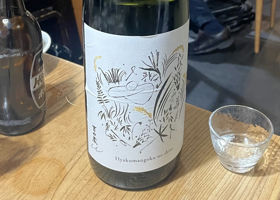
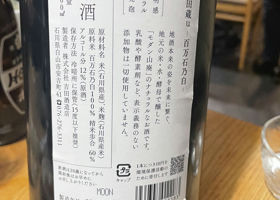
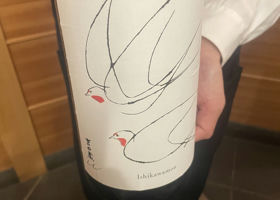
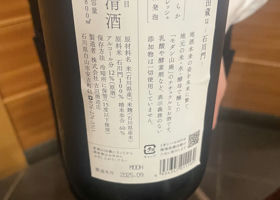
海賊狩り
performance to liven up a bar
grilled grouper
Japanese>English
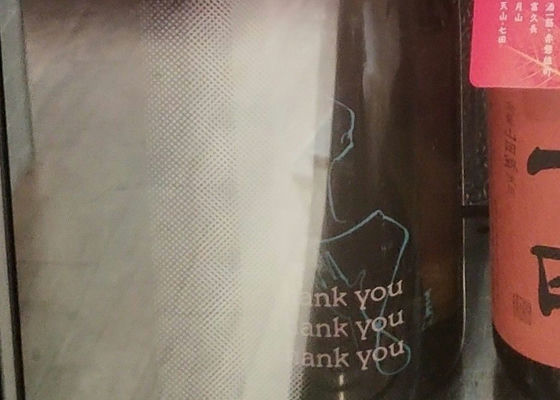
mao
Yoshidazo u
Thankyou Thankyou Thankyou
I drank it at a tasting at a store and it was so good that I almost bought it in a panic......................but I held back!
The waiter told me that it was expensive, but if I drank it, I would understand,
It was so fruity and tasted so good, it was my favorite type of wine!
I hope to be able to buy it someday!
Japanese>English
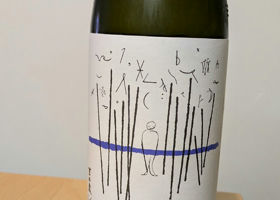
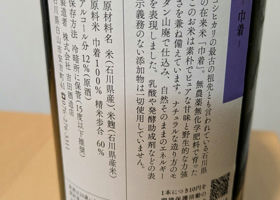
よっしー
This is the first time I have had sake from this rice.
Compared to the usual Hyakumangoku no Shiro, it is sweeter and the nose smells dry and crisp,
It is quite strong and does not lose to meat. It is very powerful and does not lose to meat.
Japanese>English
Yoshidagura uThank you Thank you Thank you
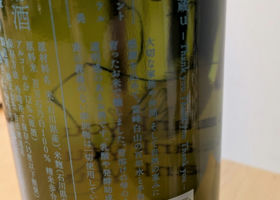
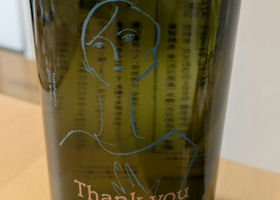
よっしー
Delicious.
But a lot less cloying and refreshing than you might think. Tastes easy to drink.
Japanese>English
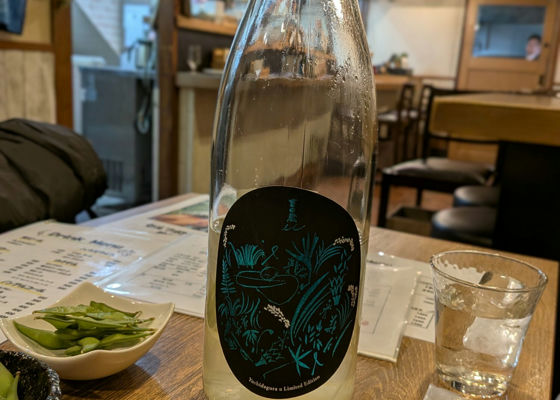
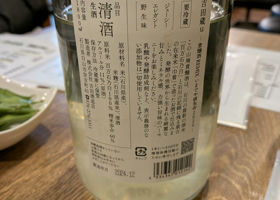
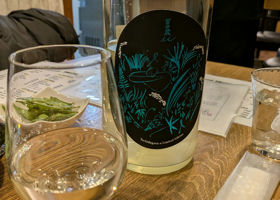
Takashi
Italian in Akihabara (2)
Italian restaurant in Akihabara with a customer, and for some reason we drank sake!
The second drink was Yoshidagurau, Kijoshu Remix. And Yoshida Kurau's Kijoshu is my first time to drink 😘.
I can clearly feel the acidity. I think it's because it's after the Mimuro Sugi I had a while ago.
It's so clear and refreshing.
I thought it would be a bit sweeter than I expected.
I didn't know there was such a thing 🤔.
It's delicious too 😋.
I asked the master why there are so many sake in this store. When I asked him, he told me that when he started the restaurant, he was very confused between wine and sake. I asked him why this restaurant has so much Sake?
Japanese>English
WOM
Good morning, Takashi. Italian and sake are good, and I think Yoshidagura goes especially well together. Yes, I like this sweet and sour.
Japanese>English
Takashi
Good morning, WOM 😊.
Yes, I know. Sake was quite good with Italian food 😋.
Certainly not wine, but something with a bit of acidity might go especially well 🥳.
Japanese>English
コタロー
Hi Takashi, ☀️
I remember drinking this before and it was delicious: ☺️ Yoshida Kurau seems to be fresh and goes well with Italian food 🙌✨.
Japanese>English
Takashi
Good evening, Kotaro 😊.
Of all the sake we drank that day, Yoshidagurau may indeed be the best for Italian food 🥳.
Maybe I'll try it at home 🥰.
Japanese>English
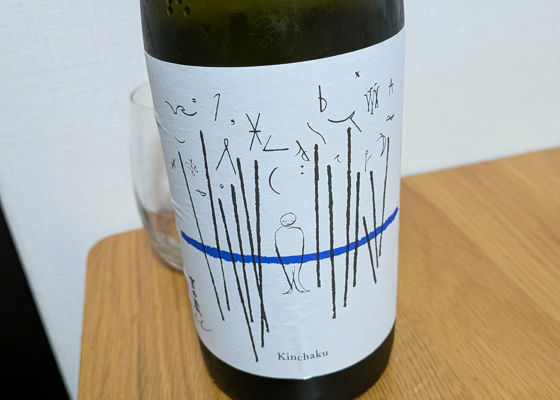
uMa
Yoshida Kura u Kinchaku
Raw material rice: 100% KINJI from Ishikawa Prefecture
Rice polishing ratio 60
Alcohol content 12
Japanese>English
Yoshidagura uHyakumangoku no shiro
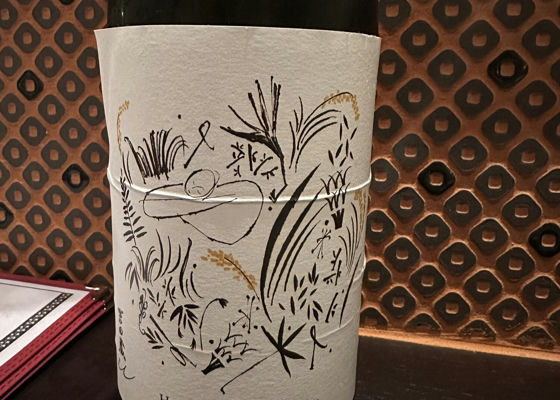
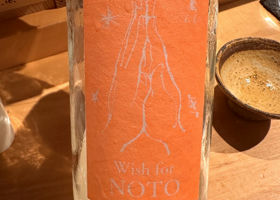
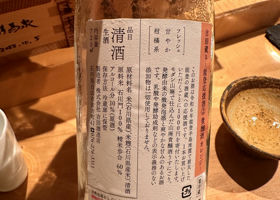
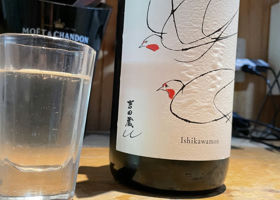
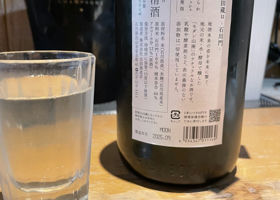
Tb.dog
Continued drinking at a restaurant in Nagoya.
The first Yoshidagurau on record is as good as expected.
I was lucky to be able to drink Yoshidagurau because I was attracted by the non-flamboyant label.
I would like to buy Yoshidagurau again if I see it at a liquor store.
Alcohol content 12
Rice polishing ratio 60
Japanese>English
Yoshidagura uNight & Dance



sibylla_tks
Just when we thought the temperature had finally settled down, it got a little warmer again, so we decided to take advantage of it and opened Night & Dance in the early summer 🎉.
With the pleasant sound of the cork, a refreshing aroma reminiscent of lactic acid bacteria beverages rose to the surface. The clear impression I felt before is still there 😊, but this time with juicy nuances like sweet and sour fruits!
The light aroma, which is only possible with low alcohol (9%), puts me in the mood to "relax a bit".
When you put it in your mouth, you will feel a slight carbonation that crackles pleasantly on your tongue, followed immediately by a tight acidity and a clear sweetness! 🍶
It is the perfect combination to be served on a hot day with a nice chill 😋.
Next year I want to drink it more seasonally matched...
Japanese>English
Yoshidagura uThank you Thank you Thank you
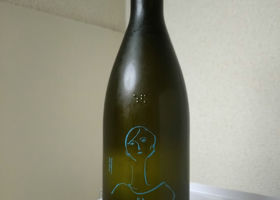
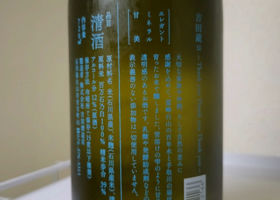
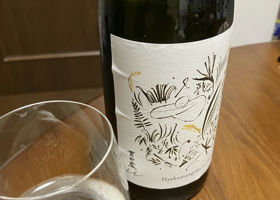
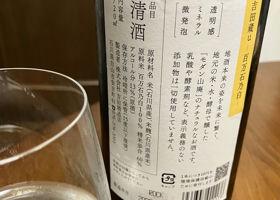
スータローン
Slightly effervescent type with a popping sound when the bottle is opened. The mouthfeel is refreshing, with a rummy, slightly melon-like fruity sensation, a clear acidity that is not too sweet, and a refreshing taste that goes down the throat and finishes with a bitter bitterness.
It is a refreshing sake that goes down smoothly, so be careful not to drink too much.
Japanese>English


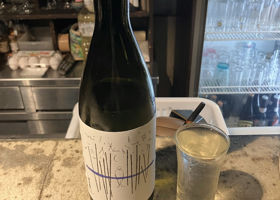
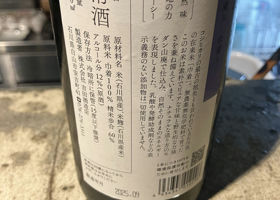
tao
Natural Taste
Power of the Earth
juicy
delicious ‼️
Japanese>English

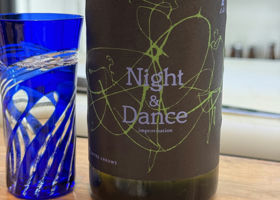

sakepower
It's for your drinking record 🍶📸.
Japanese>English
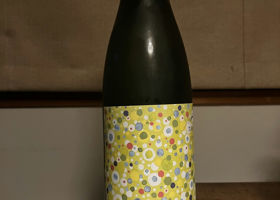
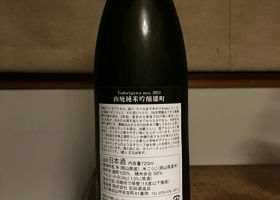
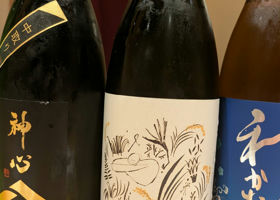
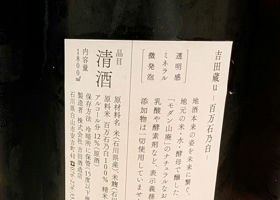
katyu5252
Fruity regular sake.
Japanese>English